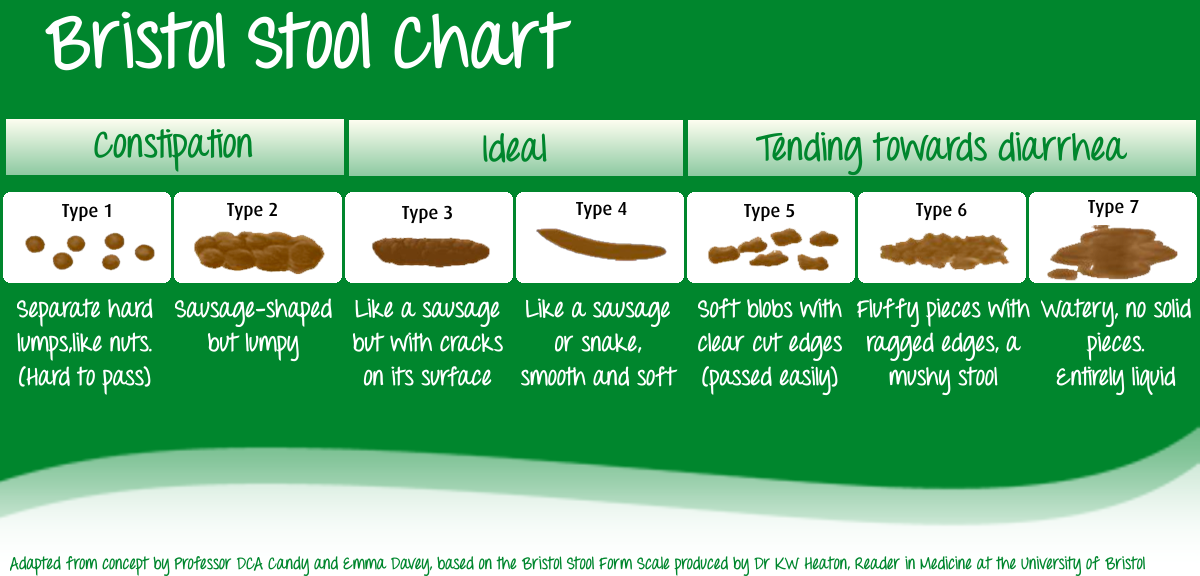Let's Talk Poo 💩
Digestion

Did you know that the digestive system runs from the mouth all the way down to the rectum? The digestive process of breaking down food and taking out nutrients begins in your mouth by combining saliva (think, digestive enzymes) with your food, so it can safely move down your pharynx, esophagus and into your stomach. This movement down the esophagus and into the stomach occurs through a process called peristalsis. Peristalsis is a series of involuntary muscle contractions that move food through the digestive tract. Once in the stomach, more muscular contractions occur that breakdown and churn the food into smaller pieces. The duration of time that food spends in the stomach depends on the macronutrient profile of the food. Higher protein and higher fat foods take longer, which is the reason you feel fuller longer when consuming such foods.
The next stop is the bowels, which includes the small intestine, large intestine (aka colon), and rectum. First, the small intestine is where most of the nutrients are absorbed into the body. These nutrients cross the intestinal lining and move into the bloodstream where they can be processed for energy or used as building blocks. The colon pulls out water from the waste product as it moves toward the rectum to be eliminated.
It is good to have 1 bowel movement per day, and 2 bowel movements would be ideal. If that is not the case for your body, don’t panic. The consistency of the bowel movement is more important than the amount of BMs. Using the Bristol Stool Chart below, the ideal consistency is Type 3 or 4 which is like a snake. Type 1-2 is more constipated, and Type 5-7 is more like diarrhea.

Depending on what type of food you have eaten, it can take anywhere from 24-48 hours for food to make its way to the end of the digestive tract which is about 30 feet long!
Many things can affect the consistency of your stool including:
- Stress
- Dehydration
- Diet
- Travel
- Medication
- Exercise
- Hormone changes
- Illness
- IBD or IBS
Regardless of where you land on the Bristol Stool Chart, you can optimize your bowel health with the following:
- Drink approximately 8 glasses of water per day.
- Eat healthy, include fiber, and lots of vegetables.
- Exercise to keep things moving.
- Do not strain or hold breath during a bowel movement.
- Use an elevated stool or Squatty Potty for ideal positioning for bowel movements.
- Add a prebiotic or probiotic to your routine.
- Don’t rush it. Relax and give your body time to poop.
If you feel like you have tried everything and still struggle with constipation, gut dysbiosis, diarrhea, IBS, or IBD, Dr. Madelyn can help. She uses FSM, manual therapy, and visceral manipulation to help get you on your way to healing. Schedule your free 15 minute consultation today.












